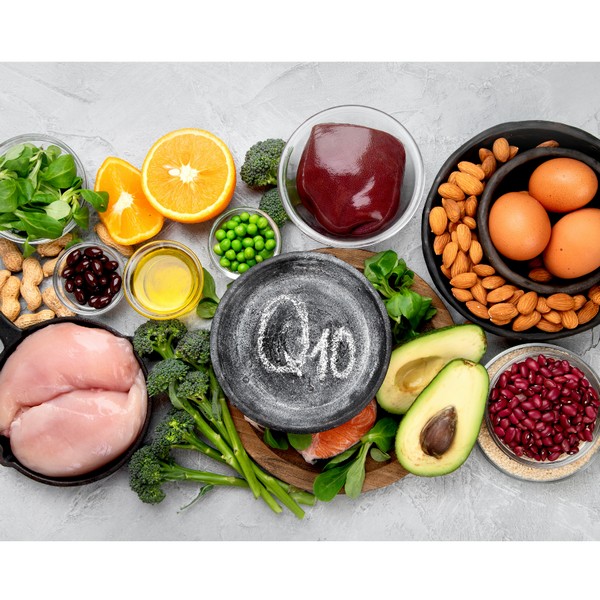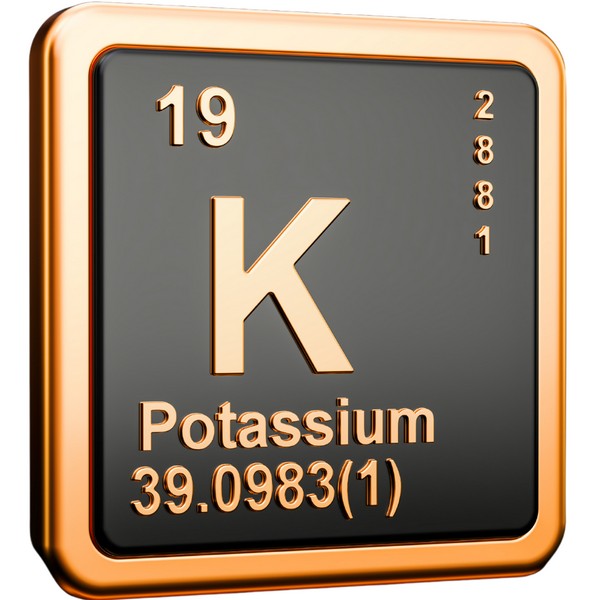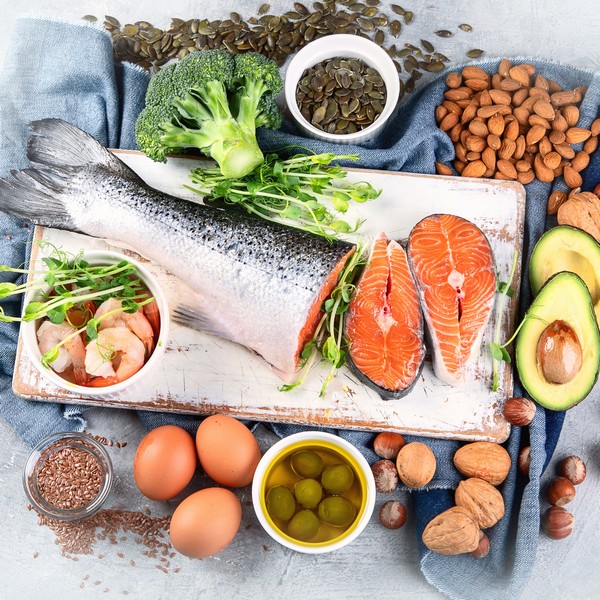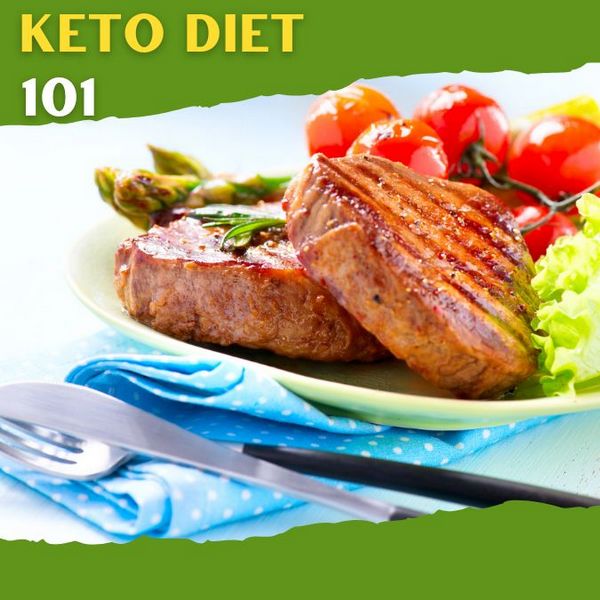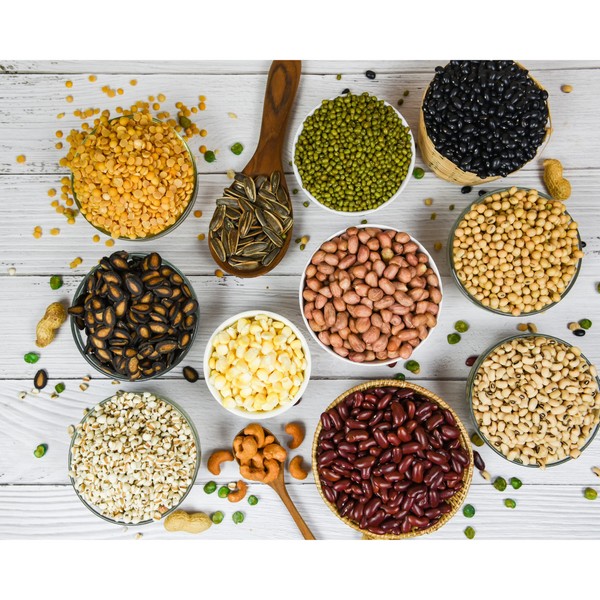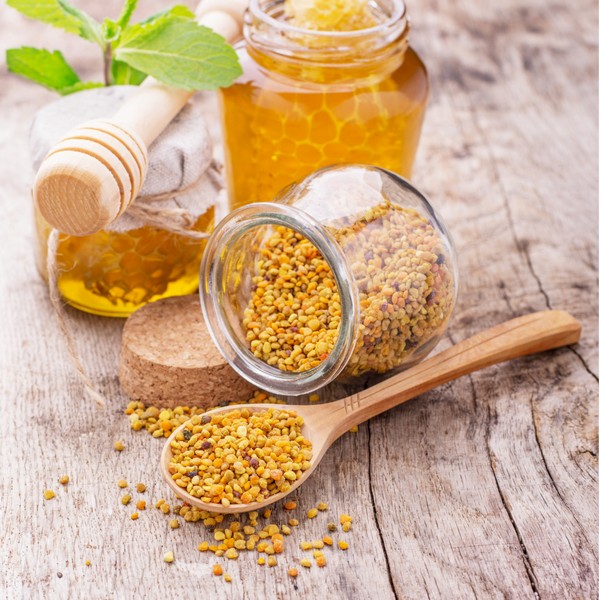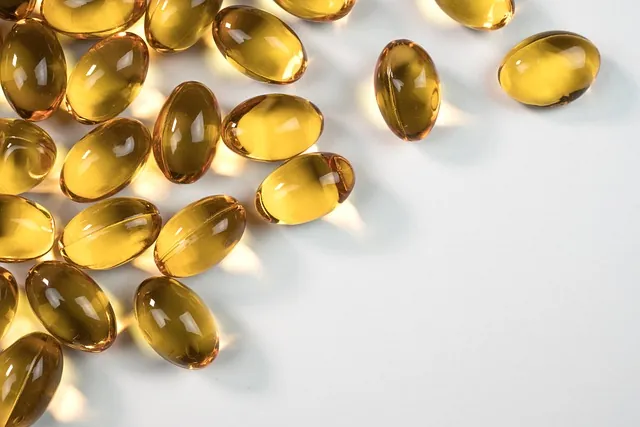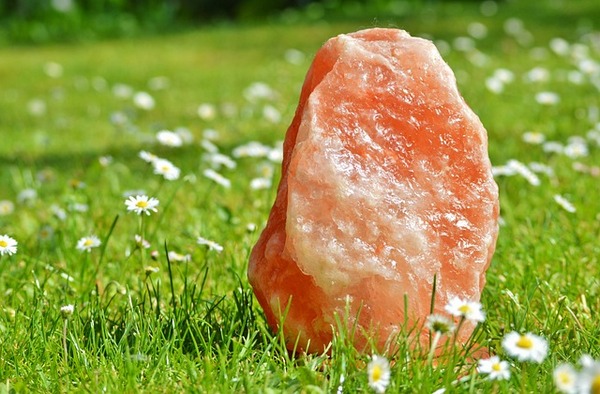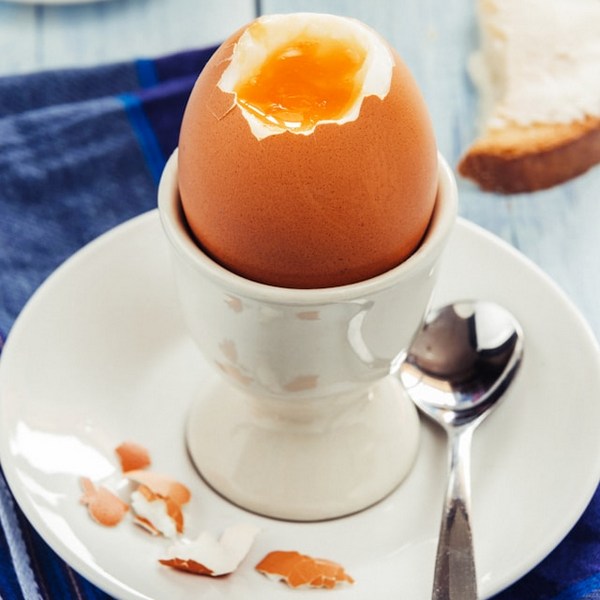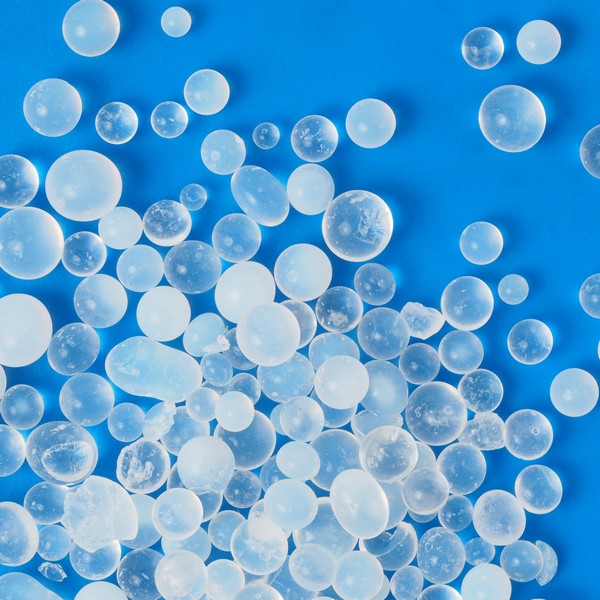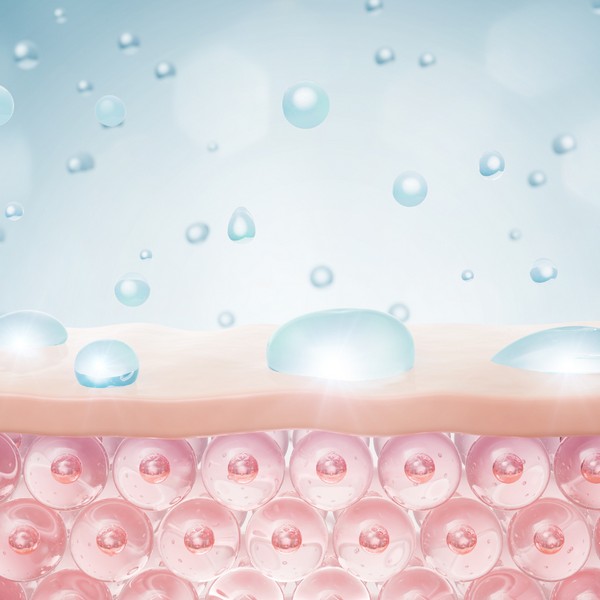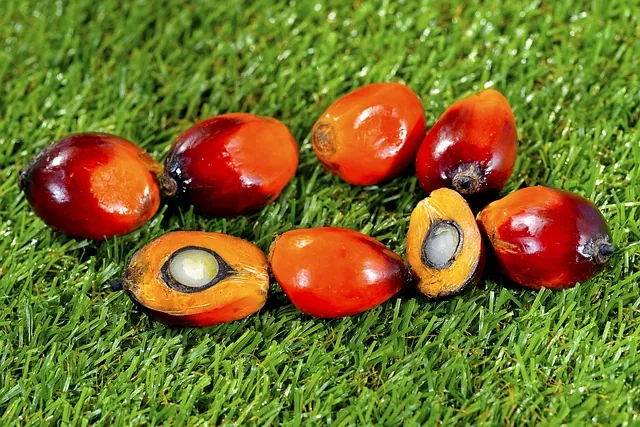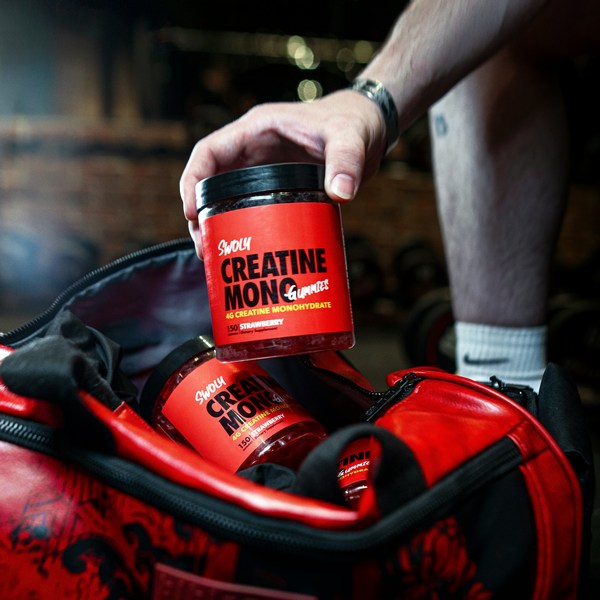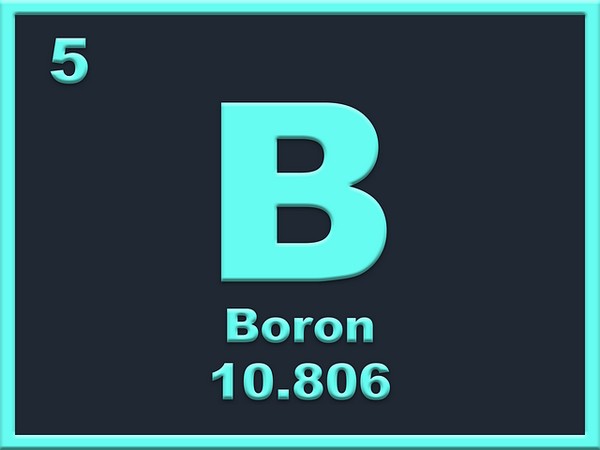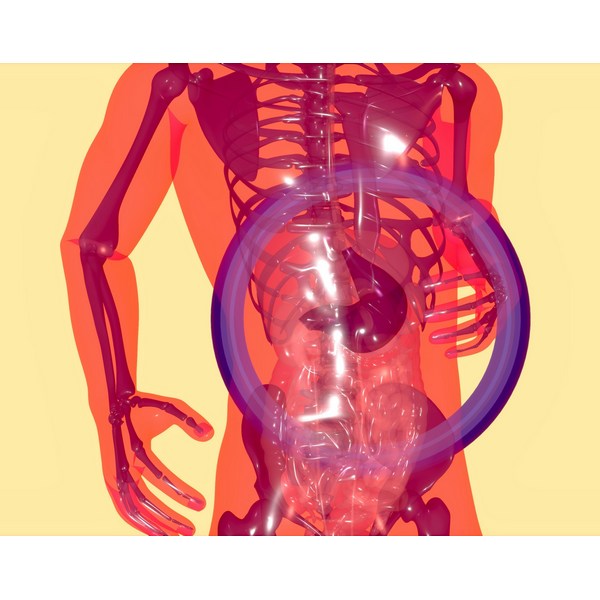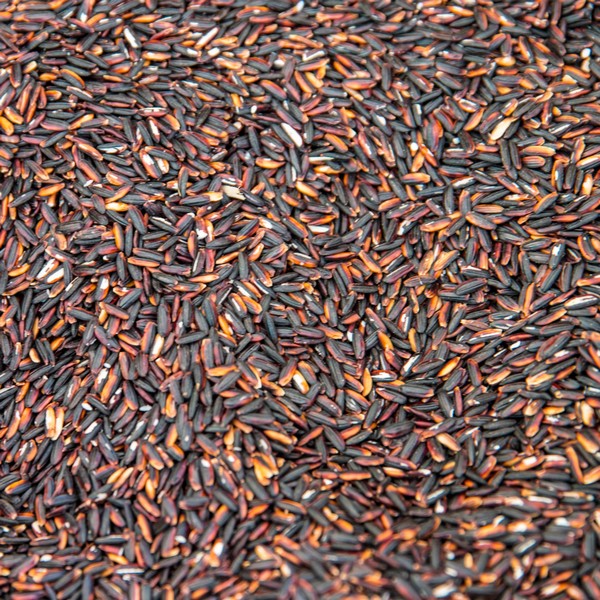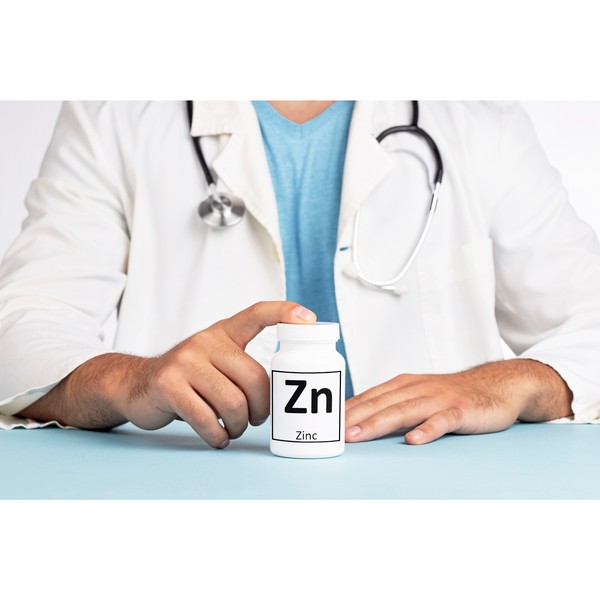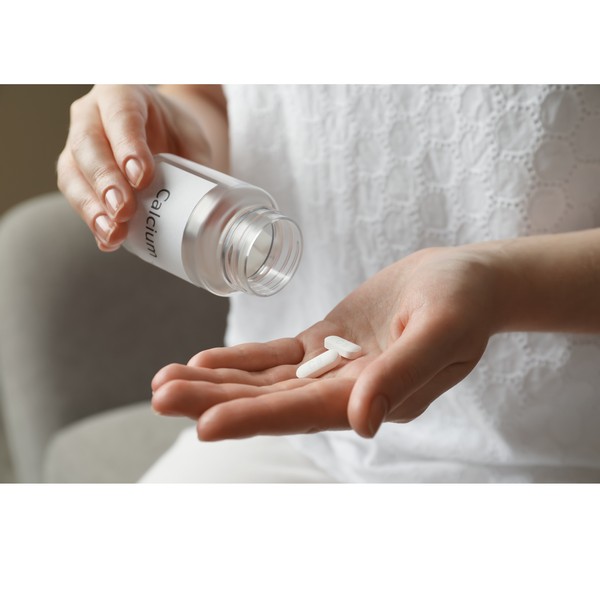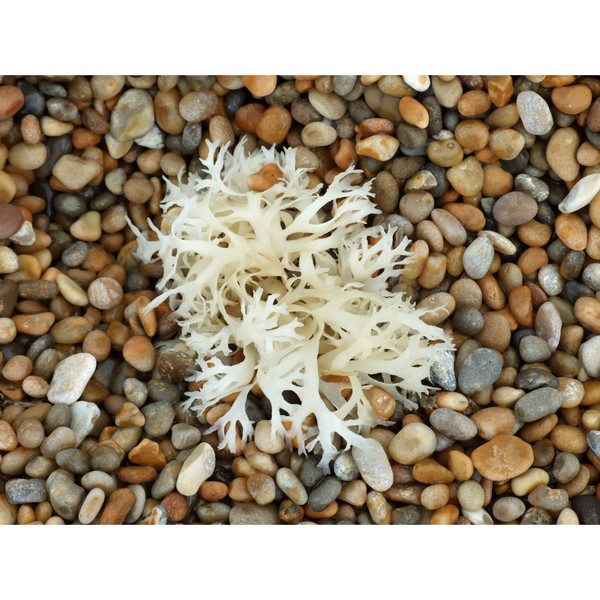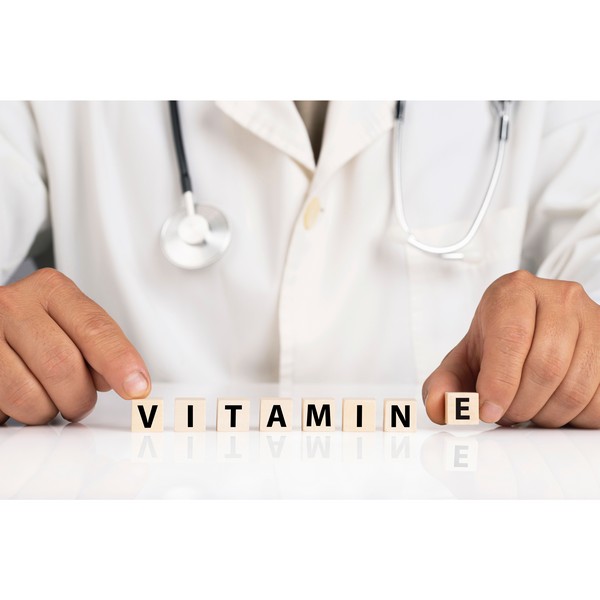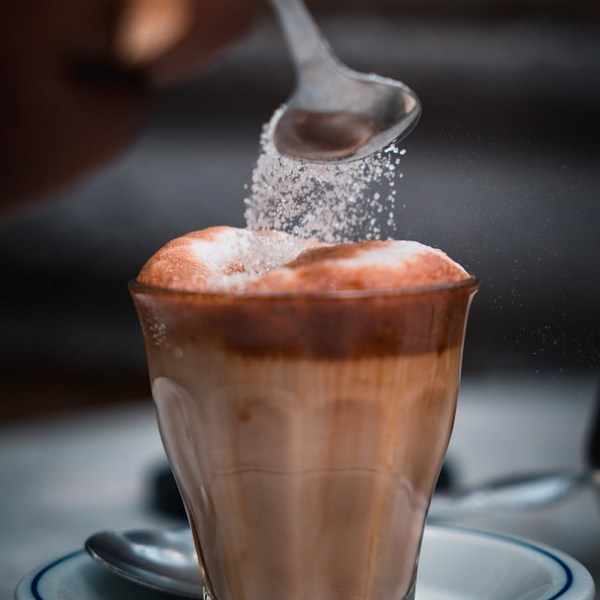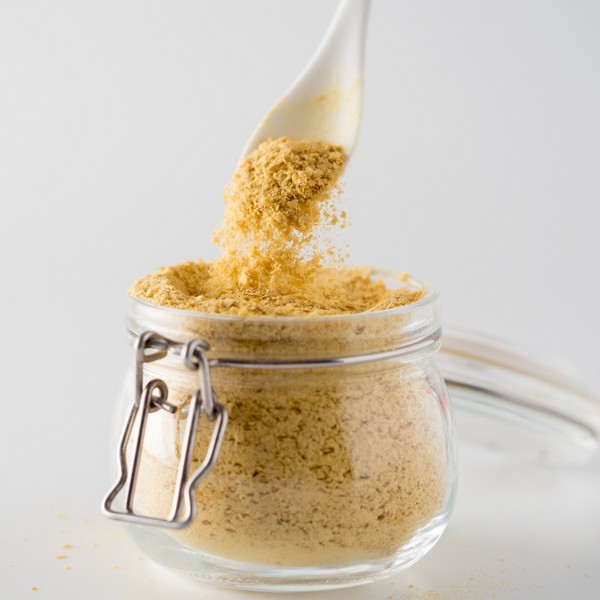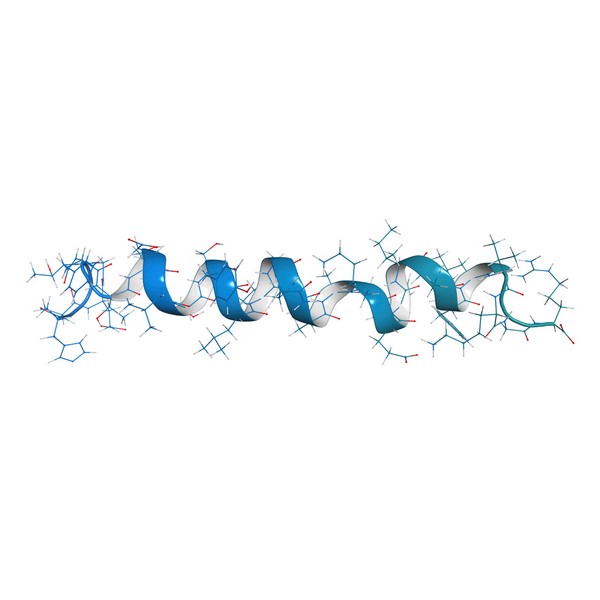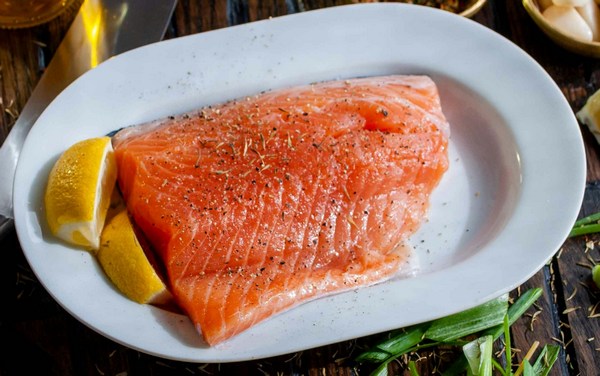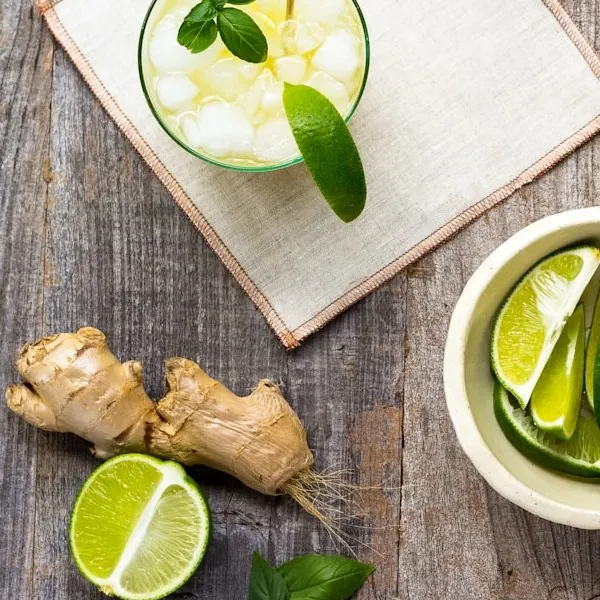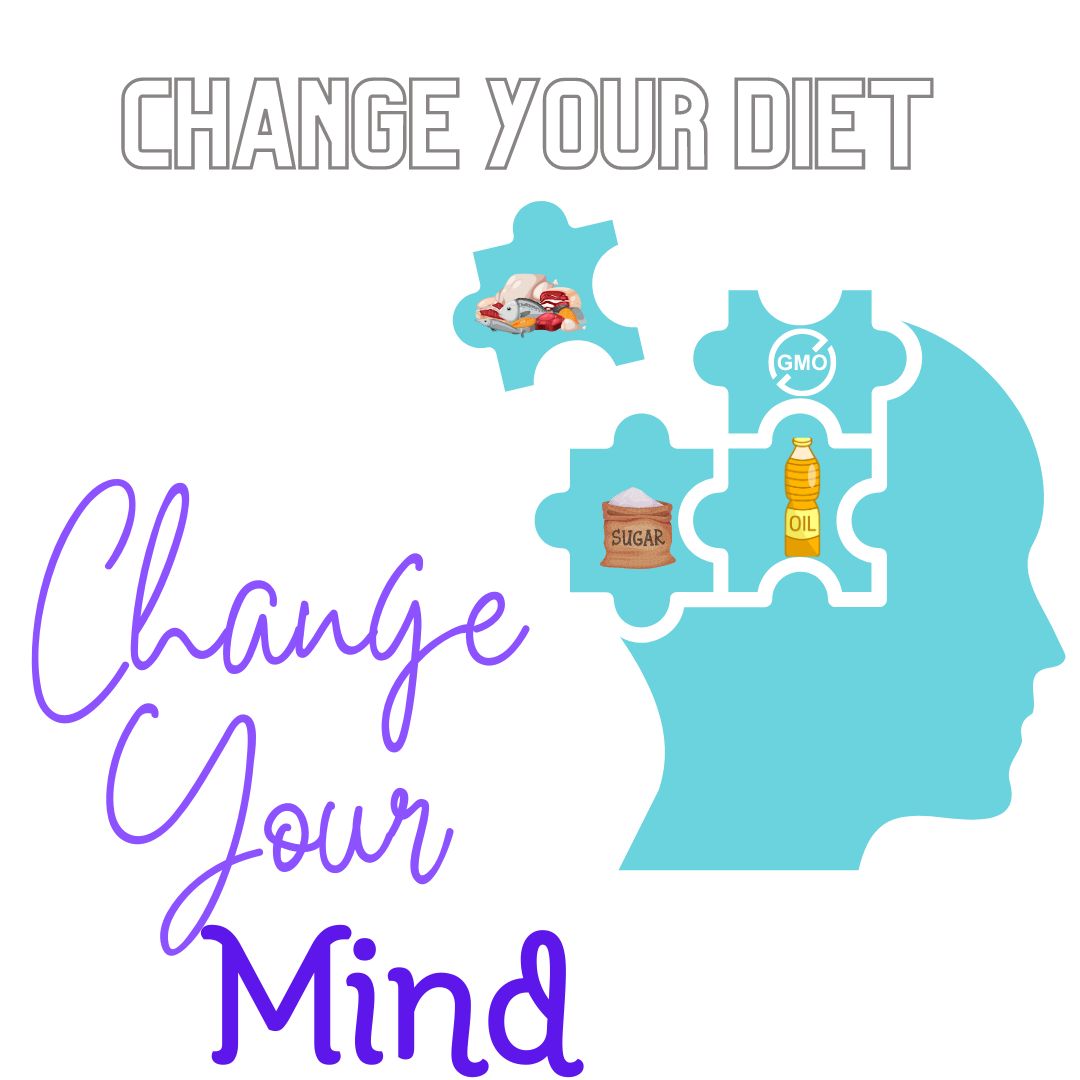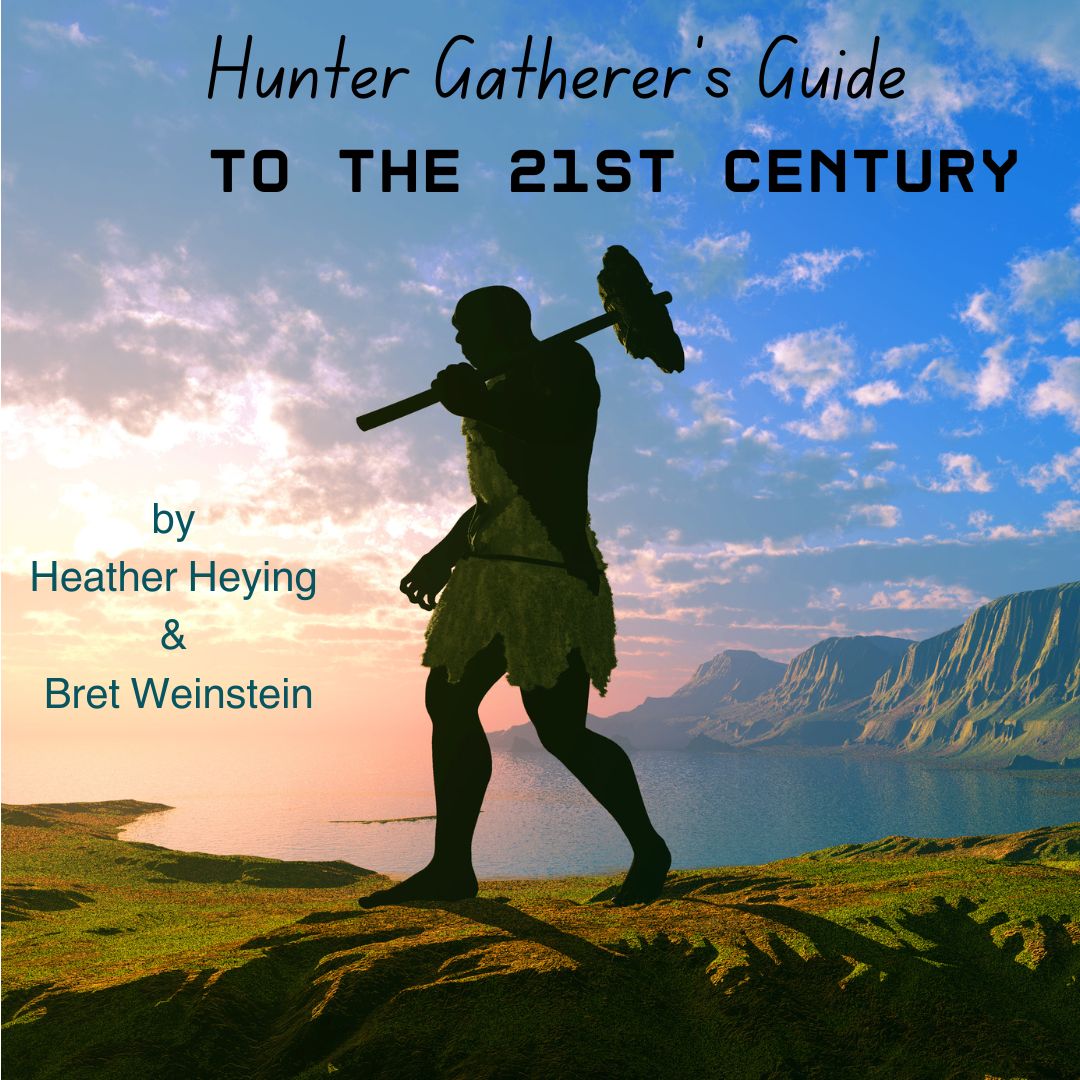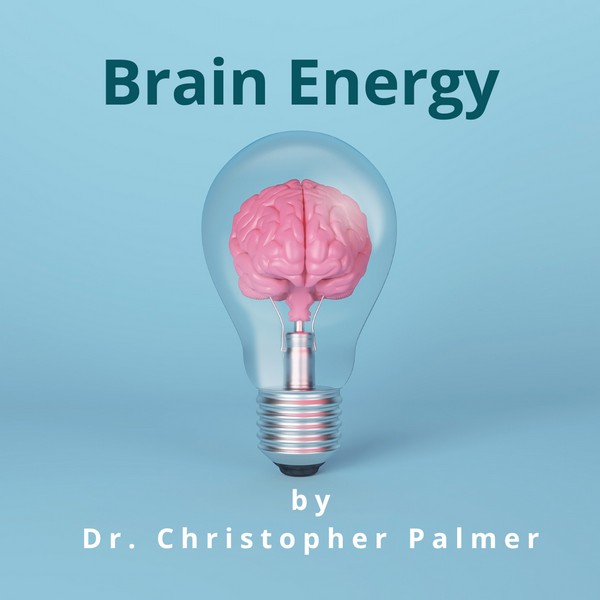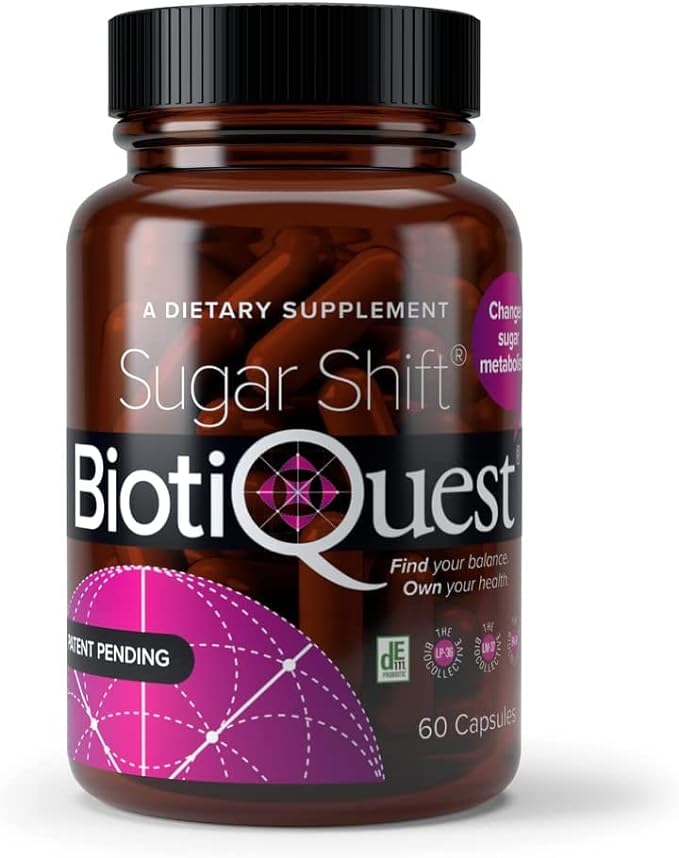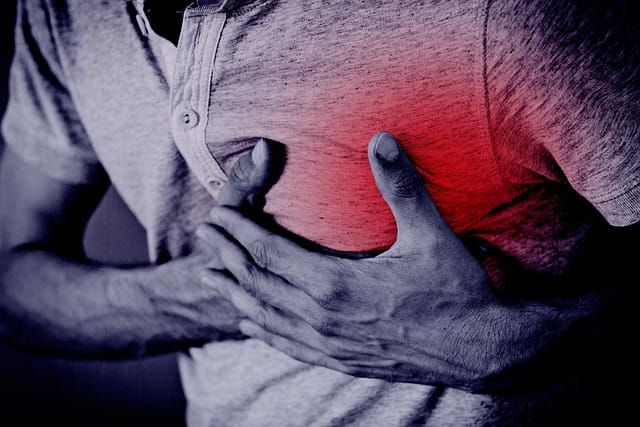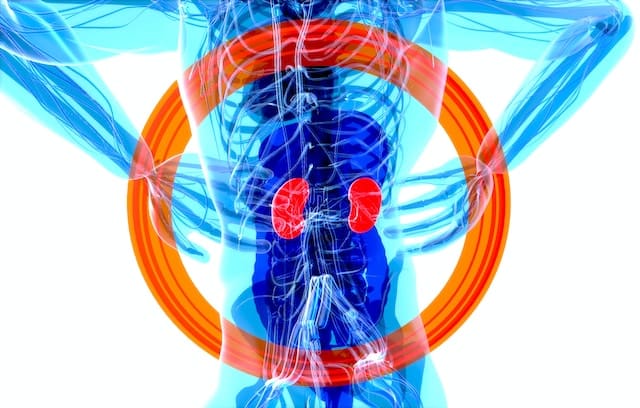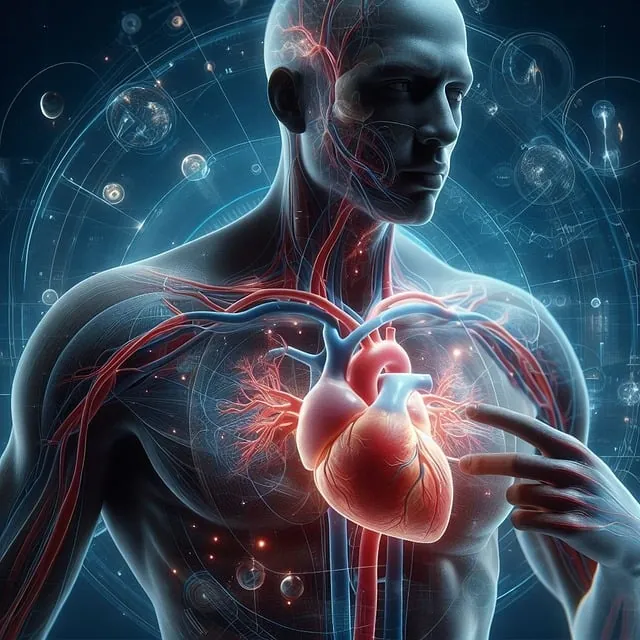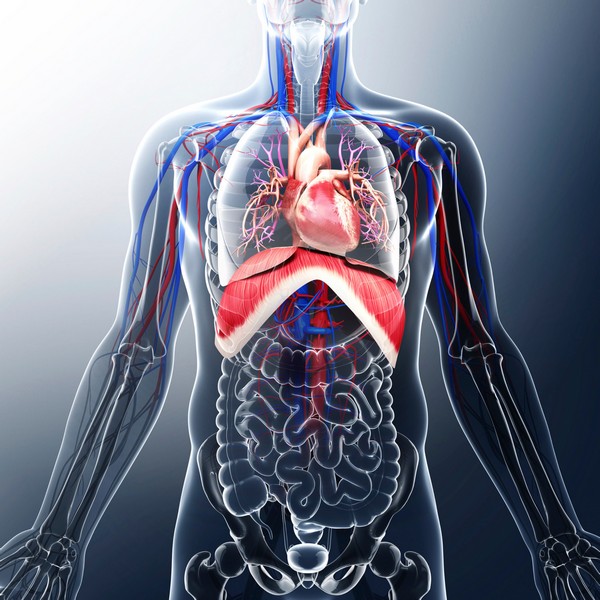Key Takeaways
- The adrenal cocktail supports adrenal health and maintains energy levels.
- Combines potassium, sodium, and vitamin C for effective adrenal nourishment.
- Consumed in the morning or afternoon to prevent energy crashes.
- Common ingredients include orange juice, cream of tartar, and sea salt.
- Easy to prepare and customize based on personal preferences.
What is an Adrenal Cocktail?
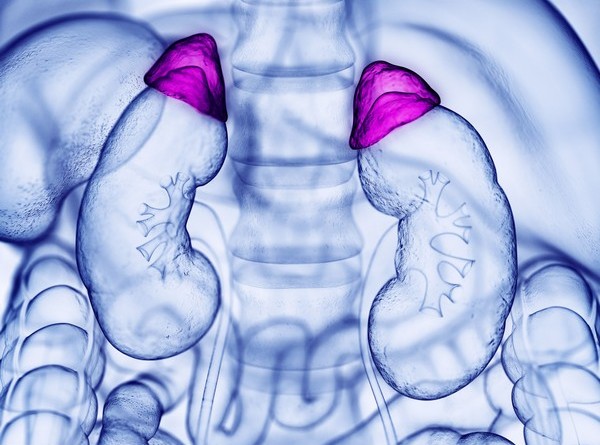
Adrenal glands are involved in managing stress and producing hormones like cortisol and adrenaline.
When the adrenals are overworked, often due to chronic stress, symptoms like fatigue, anxiety, and hormone imbalances can occur.
An adrenal cocktail is a simple drink designed to replenish key nutrients that support adrenal function, helping you feel more energized and balanced.
Key Ingredients in an Adrenal Cocktail
The core ingredients of an adrenal cocktail are carefully chosen for their roles in supporting adrenal health:
Whole Food Vitamin C
- Sources: Orange juice, acerola cherry powder.
- Benefits: Vitamin C is vital for adrenal health. It helps reduce stress and supports the production of cortisol in a balanced way.
Potassium
- Sources: Coconut water, cream of tartar, potassium bicarbonate.
- Benefits: Potassium is essential for electrolyte balance and helps prevent the fatigue often associated with adrenal stress.
Sodium
- Sources: Sea salt, Himalayan salt.
- Benefits: Sodium aids in hydration and is crucial for the adrenal glands to function properly, especially under stress.
Optional Add-Ins
- Magnesium: Adding magnesium (e.g., magnesium glycinate) can further support relaxation and stress management.
- Collagen or Gelatin: These can provide additional benefits for skin, joints, and gut health.
Benefits of the Adrenal Cocktail
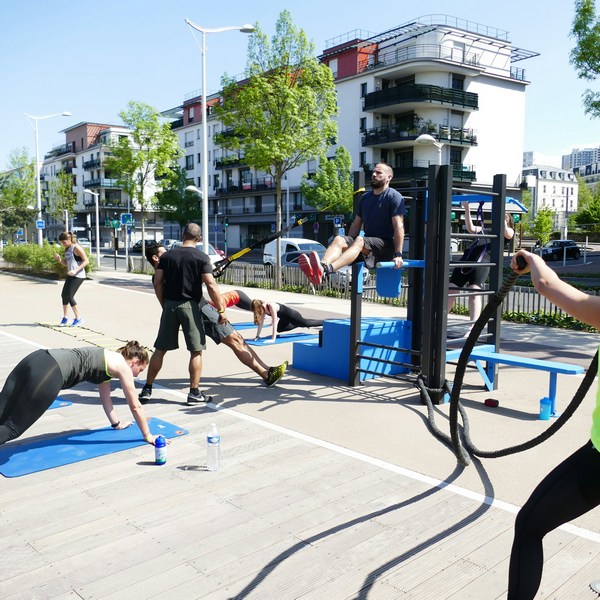
Supports Adrenal Function
- Helps balance cortisol levels, preventing both underproduction and overproduction.
- Can reduce symptoms of adrenal fatigue, like chronic tiredness and stress.
Enhances Energy Levels
- Provides an immediate and sustained energy boost without the crash associated with caffeine or sugar.
- Helps maintain stable energy levels throughout the day.
Balances Electrolytes
- Prevents dehydration and supports overall hydration, which is vital for energy and endurance.
- Particularly beneficial for athletes or those who are physically active.
Reduces Stress and Anxiety
- Has a calming effect on the nervous system, helping to manage stress and anxiety naturally.
- Supports long-term mental health and stress resilience.
How to Make an Adrenal Cocktail
Simple Recipe
Ingredients:
- 4 oz of orange juice or fresh squeezed lemon juice.
- 4 oz of coconut water or filtered water.
- 1/4 teaspoon of cream of tartar (for potassium).
- 1/4 teaspoon of sea salt or Himalayan salt.
Instructions:
- Mix all ingredients in a glass.
- Stir well until the salt and cream of tartar are fully dissolved.
- Enjoy immediately, preferably on an empty stomach.
Customization Options
- Keto or Low-Carb: Use lemon juice and omit orange juice to reduce sugar content.
- Flavor Adjustments: Add a pinch of stevia or a splash of natural extracts like vanilla or mint for variety.
Best Time to Consume
- The best times to drink an adrenal cocktail are mid-morning or mid-afternoon when you might experience a natural energy slump.
- It’s also ideal to consume before or after a workout for better hydration and recovery.
Who Should Consider an Adrenal Cocktail?

Signs of Adrenal Fatigue
- Symptoms like chronic fatigue, irritability, and difficulty waking up in the morning might indicate a need for adrenal support.
- Drinking an adrenal cocktail daily may provide much-needed support
Athletes and Active Individuals
- Those with high physical demands can benefit from the electrolyte balance provided by this drink.
- It can aid in faster recovery and sustained performance levels.
Those with High Stress Levels
- If you experience chronic stress, an adrenal cocktail can help manage your stress levels.
- Pairing it with other stress-reducing practices, like deep breathing or meditation, can enhance its effectiveness.

Not a Substitute for Medical Treatment
- An adrenal cocktail is not a cure-all. It’s important to address any underlying health issues with a healthcare professional.
- Consider the adrenal cocktail as part of a holistic approach to wellness, including a balanced diet and healthy lifestyle.
Conclusion
Adrenal cocktails offer a simple, natural way to support your adrenal health and boost energy levels. With the right combination of ingredients, this drink can be a powerful tool in your wellness routine. Whether you’re looking to combat fatigue, manage stress, or improve hydration, the adrenal cocktail is worth trying.
FAQs
What are the best times to drink an adrenal cocktail?
The best times are mid-morning or mid-afternoon, particularly during energy slumps or before/after physical activity.
Can I drink an adrenal cocktail every day?
Yes, many people find it beneficial to drink it daily, especially if they are managing chronic stress or fatigue.
Is an adrenal cocktail safe during pregnancy?
Generally, the ingredients are safe, but it’s always best to consult with a healthcare provider before adding new supplements during pregnancy.
What are the signs of adrenal fatigue?
Common signs include chronic tiredness, difficulty waking up, low energy, irritability, and cravings for salty foods.
How does an adrenal cocktail compare to other energy drinks or supplements?
Unlike many commercial energy drinks, the adrenal cocktail provides natural energy support without artificial ingredients or excessive sugar.
Research
Boyle, S.P., Dobson, V.L., Duthie, S.J., Hinselwood, D.C., Kyle, J.A.M., and Collins, A.R., 2000. Bioavailability and efficiency of rutin as an antioxidant: a human supplementation study. European Journal of Clinical Nutrition, 54(10), pp.774-782.
Chen, Y., Michalak, M., and Agellon, L.B., 2018. Focus: Nutrition and food science: Importance of nutrients and nutrient metabolism on human health. The Yale Journal of Biology and Medicine, 91(2), p.95.
DeCava, J.A., 1997. The Real Truth about Vitamins and Antioxidants.
D’Elia, L., 2024. Potassium Intake and Human Health. Nutrients, [online] 16(6), p.833.
https://doi.org/10.3390/nu16060833.
Fitzpatrick, T.B., Becker Jr, S.W., Lerner, A.B., and Montgomery, H., 1950. Tyrosinase in human skin: demonstration of its presence and of its role in human melanin formation. Science, 112(2904), pp.223-225.
Frazer, D.M., and Anderson, G.J., 2014. The regulation of iron transport. Biofactors, 40(2), pp.206-214.
Frost, M., 1997. Going Back to the Basics of Human Health. San Diego, Calif.: International Foundation for Nutrition and Health.
Greer, R.C., Marklund, M., Anderson, C.A.M., Cobb, L.K., Dalcin, A.T., Henry, M., and Appel, L.J., 2020. Potassium-Enriched Salt Substitutes as a Means to Lower Blood Pressure. Hypertension, 75(2), pp.266–274.
He, F.J., and MacGregor, G.A., 2008. Beneficial effects of potassium on human health. Physiologia Plantarum, 133(4), 725-735.
Irwin, M., Daniels, M., Craig Risch, S., Bloom, E., and Weiner, H., 1988. Plasma cortisol and natural killer cell activity during bereavement. Biological Psychiatry, 24(2), pp.173–178.
Jensen, B., 1995. Empty harvest: understanding the link between our food, our immunity, and our planet. Penguin.
Kempná, P., and Flück, C.E., 2008. Adrenal gland development and defects. Best Practice & Research Clinical Endocrinology & Metabolism, 22(1), 77-93.
Kris-Etherton PM, Hecker KD, Bonanome A, Coval SM, Binkoski AE, Hilpert KF, Griel AE, Etherton TD. Bioactive compounds in foods: their role in the prevention of cardiovascular disease and cancer. Am J Med, 2002 Dec 30;113 Suppl 9B:71S-88S.
Lai, X., Wichers, H.J., Soler‐Lopez, M., and Dijkstra, B.W., 2018. Structure and function of human tyrosinase and tyrosinase‐related proteins. Chemistry–A European Journal, 24(1), pp.47-55.
McBurney, M.I., Blumberg, J.B., Costello, R.B., Eggersdorfer, M., Erdman Jr, J.W., Harris, W.S., Johnson, E.J., Hazels Mitmesser, S., Post, R.C., Rai, D., and Schurgers, L.J., 2021. Beyond nutrient deficiency—opportunities to improve nutritional status and promote health modernizing DRIs and supplementation recommendations. Nutrients, 13(6), p.1844.
McLean, R. M., & Wang, N. X. (2021). Potassium. Advances in Food and Nutrition Research, 96, 89-121.
https://doi.org/10.1016/bs.afnr.2021.02.013
Murrell, T.S., Mikkelsen, R.L., Sulewski, G., Norton, R., and Thompson, M.L., 2021. Improving potassium recommendations for agricultural crops (p. 455). Springer Nature.
Narayana, K.R., Reddy, M.S., Chaluvadi, M.R., and Krishna, D.R., 2001. Bioflavonoids classification, pharmacological, biochemical effects and therapeutic potential. Indian Journal of Pharmacology, 33(1), pp.2-16.
O'Shea, T., Whole Food Vitamins: Ascorbic Acid Is Not Vitamin C.
Opstad, P.K., 1994. Circadian rhythm of hormones is extinguished during prolonged physical stress, sleep and energy deficiency in young men. Acta Endocrinologica, 131(1), 56-66.
Palmblad J, Levi L, Burger A, Melander A, Westgren U, von Schenck H, Skude G. Effects of total energy withdrawal (fasting) on the levels of growth hormone, thyrotropin, cortisol, adrenaline, noradrenaline, T4, T3, and rT3 in healthy males. Acta Med Scand. 1977 Jan;201(1-2):15-22.
Palmer, B. F., & Clegg, D. J. (2016). Achieving the Benefits of a High-Potassium, Paleolithic Diet, Without the Toxicity. Mayo Clinic Proceedings, 91(4), 496-508.
https://doi.org/10.1016/j.mayocp.2016.01.012
Polonifi, A., Politou, M., Kalotychou, V., Xiromeritis, K., Tsironi, M., Berdoukas, V., Vaiopoulos, G., and Aessopos, A., 2010. Iron metabolism gene expression in human skeletal muscle. Blood Cells, Molecules, and Diseases, 45(3), pp.233-237.
Prasad, R., 2012. Micro mineral nutrient deficiencies in humans, animals and plants and their amelioration. Proceedings of the National Academy of Sciences, India Section B: Biological Sciences, 82, pp.225-233.
Russo, A., Acquaviva, R., Campisi, A., Sorrenti, V., Di Giacomo, C., Virgata, G., Barcellona, M.L., and Vanella, A., 2000. Bioflavonoids as antiradicals, antioxidants and DNA cleavage protectors. Cell Biology and Toxicology, 16, pp.91-98.
Sánchez-Ferrer, Á., Rodríguez-López, J.N., García-Cánovas, F., and García-Carmona, F., 1995. Tyrosinase: a comprehensive review of its mechanism. Biochimica et Biophysica Acta (BBA)-Protein Structure and Molecular Enzymology, 1247(1), pp.1-11.
Sebastian, A., Frassetto, L.A., Sellmeyer, D.E., and Morris, R.C., 2006. The Evolution-Informed Optimal Dietary Potassium Intake of Human Beings Greatly Exceeds Current and Recommended Intakes. Seminars in Nephrology, 26(6), 447-453.
Singh, H., and Bharti, J., 2021. Incredibly Common Nutrient Deficiencies. EAS Journal of Nutrition and Food Sciences, 3(6), pp.175-178.
Stone, M.S., Martyn, L., and Weaver, C.M. Potassium Intake, Bioavailability, Hypertension, and Glucose Control. Nutrients, 8(7), 444.
Tapas, A.R., Sakarkar, D.M., and Kakde, R.B., 2008. The chemistry and biology of bioflavonoids. Research Journal of Pharmacy and Technology, 1(3), pp.132-143.
von Treuer, K., Norman, T.R., and Armstrong, S.M., 1996. Overnight human plasma melatonin, cortisol, prolactin, TSH, under conditions of normal sleep, sleep deprivation, and sleep recovery. Journal of Pineal Research, 20(1), pp.7–14.
Weaver, C.M., 2013. Potassium and Health. Advances in Nutrition, 4(3), 368S-377S.
Wilson, J.L., 2014. Clinical perspective on stress, cortisol and adrenal fatigue. Advances in Integrative Medicine, 1(2), 93-96.
Trimethylglycine TMG: Betaine Anhydrous Explained
CoQ10: What Is It and Why Is It Important?
Key Takeaways CoQ10 (Coenzyme Q10) is an antioxidant produced by the body, essential for energy production in cells. Levels of CoQ10 naturally decrease with age…
Natural Treatment for Irritable Bowel Syndrome (IBS): Effective Remedies Explored
Understanding IBSSymptoms of IBSRole of Diet in IBSNatural Remedies for IBSSupplements for IBSRole of Probiotics in IBSFrequently Asked Questions Understanding IBS Irritable Bowel Syndrome (IBS)…
Tallow: Benefits, Uses, and Nutrition
Key Takeaways: Tallow is a nutrient-rich animal fat with many practical uses. It contains valuable vitamins such as A, D, E, and K. Tallow is…
Potassium: Benefits & Sources
Key Takeaways Potassium is essential for regulating fluid balance, nerve signals, and muscle function. It supports heart health and helps maintain proper blood pressure. Adequate…
6 Best Natural Ways to Manage Your Blood Sugar: A Quick & Easy Guide
1. Intermittent fasting2. Exercise3. Dietary fiber4. Sleep5. Weight loss6. SupplementationBioclinic NaturalsPGX BiotiquestSugar Shift Every time you eat it, it’s plotting something sinister. Sugar isn’t as…
Medium Chain Triglycerides (MCTs): Uncovering 5 Health Benefits
This potent, natural source of energy has gained considerable attention in recent years for its impressive array of benefits. MCT oil is a versatile addition…
Iron Overload: Symptoms & Prevention Tips
Key Takeaways: Iron overload happens when the body absorbs excessive iron, which can damage organs. Common symptoms include fatigue, joint pain, and skin changes. Early…
ALA vs. DHA & EPA Omega-3: Why Source Matters
Key Takeaways ALA (Alpha-Linolenic Acid) is found in flaxseeds, chia seeds, and walnuts, but converts poorly to DHA and EPA. DHA and EPA are critical…
11 Electrifying Health Benefits of Trace Minerals
What are Trace Minerals?The Major Roles of Trace MineralsSources of Trace MineralsDeficiencies in Trace MineralsThe Impact of Trace Minerals on Specific Health ConditionsFrequently Asked Questions…
Berberine Has 11 More Incredible Benefits Than You Thought
Berberine is a compound found in several plants that has been used for centuries in traditional Chinese medicine and Ayurveda. It has recently gained popularity…
Copper: Little-Known Health Benefits
Key Takeaways Copper is an essential trace mineral with benefits, including ceruloplasmin production, energy production and antioxidant properties. Copper is critical for brain health by…
13 Most Dangerous Foods Revealed
Key Highlights Fugu, or pufferfish, is one of the most poisonous foods in the world, with its organs containing a neurotoxin that can paralyze motor…
Keto Diet 101: A Complete Beginner’s Guide
Key Highlights The ketogenic diet is a low-carb, high-fat diet that can lead to weight loss and has many health benefits. By reducing carbohydrate intake…
Grains & Legumes Secretly Harming Your Health? Find Out Now!
Key Takeaways: – Grains and legumes contain antinutrients like lectins and phytic acid, which can interfere with nutrient absorption. – These foods may trigger digestive…
Whole Food Vitamin C Complex: Expert Tips for Health
Key Highlights Whole food vitamin C complex is essential for a strong immune system and overall health. Unlike synthetic ascorbic acid, whole food vitamin C…
5-HTP: Natural Ways to Boost Serotonin and Improve Mood
Key Takeaways: 5-HTP is a natural compound that helps boost serotonin levels in the brain. It can support mood regulation, sleep improvement, and stress reduction….
Bee Pollen: Nature’s Secret Superfood
Key Takeaways Bee pollen is packed with essential nutrients and offers numerous health benefits. It supports immune function, boosts energy, and promotes overall well-being. Adding…
How Cod Liver Oil Can Transform Your Health and Wellness
Cod liver oil has been used for centuries as a natural remedy for various health conditions. Packed with essential nutrients and fatty acids, cod liver…
What You Need to Know About Salt and Your Health
Table of ContentsThe Health Benefits of Unrefined Sea SaltElectrolyte BalanceMineral ContentImproved HydrationBoosted Energy LevelsImmune SupportImproved DigestionBalanced pH LevelsReduced Water RetentionHeart Health SupportStronger Bones and TeethEnhanced…
Cholesterol Misconceptions: Separating Fact from Fiction
Key Takeaways: High inflammation and blood pressure are major risk factors for heart disease. Cholesterol is vital for hormone production, cell membrane structure, and digestion,…
Healthy Fat: is Butter Better?
Key Takeaways Saturated fats, like those found in butter, may not be as harmful as once thought and can be part of a healthy diet….
Silica: for Healthier Skin, Hair, and Nails
Key Takeaways: Silica supports strong and healthy skin, hair, and nails. It promotes bone health by boosting collagen production. Silica helps improve joint flexibility and…
Eggs: A Comprehensive Guide
Key Highlights Eggs are a nutritional powerhouse, containing all the essential vitamins and minerals needed for overall health. Vital role in a balanced diet, providing…
Protein: You probably need more
Key Takeaways Protein is needed for building and repairing body tissues. It supports muscle growth, immune function, and hormone production. Bioavailable sources of protein include…
L-Carnitine: Benefits, Dosage, and Side Effects
Key Takeaways L-Carnitine supports fat metabolism and energy production. Benefits include enhanced exercise performance and improved heart health. Proper dosing minimizes potential side effects. Understanding…
How Collagen Supports Healthy Skin, Joints, and More
Key Takeaways Collagen is the most abundant protein in the body, supporting the structure of skin, bones, and connective tissues. It helps maintain skin elasticity,…
Conjugated Linoleic Acid (CLA): Benefits & Sources
Key Takeaways CLA is a type of fatty acid found primarily in animal products like beef and dairy. Known for potential benefits such as weight…
Carnivore Diet: Benefits, Risks, Food List & More
Key Takeaways The carnivore diet is a keto diet that only allows for animal-based foods, and has potential health benefits. Tips for success include hydrating,…
Red Palm Oil: Unveiling The Potent Health Benefits
Struggling to find the right oil for your health and kitchen? Red palm oil is packed with nutrients that might just be what you need….
Creatine Myths Debunked: Separating Fact from Fiction
Key Takeaways Common myths about creatine, such as it causing kidney damage, weight gain, and being a steroid, are widespread but unsupported by scientific evidence….
Boron: Benefits of a Lesser-Known Mineral
Key Takeaways Boron is a trace mineral with significant health benefits. It supports brain function, bone health, and hormonal balance. Understanding boron’s role can improve…
TUDCA Benefits for Health
Key Takeaways TUDCA promotes liver health, aiding cell protection and repair. Enhances digestion by improving bile flow and supporting gut health. May protect brain health…
Magnesium: Better Sleep, Stress Relief and More
How Stabilized Rice Bran Supports Digestive & Heart Health
Key Takeaways – Stabilized rice bran is a nutrient-rich source of vitamins, minerals, and antioxidants. – The stabilization process prevents rancidity, making it a long-lasting…
Zinc Supplements: Risks and Dangers
Key Takeaways Zinc supports immunity, wound healing, and cell growth. High zinc supplement doses can cause health problems. Always consult a healthcare provider before taking…
L-Glutamine and Gut Health: Benefits and Side Effects
Key Takeaways L-Glutamine is essential for gut health. Benefits include improved digestion and reduced inflammation. Potential side effects are rare but can occur in high…
The Impact of Ultra-Processed Foods on Your Wellbeing
Every bite we take is a step toward either wellness or illness. In our fast-paced world, ultra-processed foods have become a staple, silently shaping our…
Actual Superfoods: Real Foods You Should Be Eating
Key Takeaways Superfoods are nutrient-dense foods, offering essential vitamins, minerals, and fats. Prioritize high-quality sources for optimal nutrition. They support overall health, boost energy, and…
Calcium Supplements: What You Need to Know
Key Takeaways Calcium supplements have been linked to heart disease and kidney stones. Excess calcium from supplements can lead to imbalances and health issues. Natural…
Do This! The Ultimate Guide to Fasting Safely and Effectively
In our increasingly busy lives, finding time to take care of our bodies can often take a backseat. One method that has gained attention recently…
Spirulina: Health Benefits and Uses
Key Takeaways Spirulina boosts immune function with its high nutrient content and antioxidant properties. Rich in proteins and essential vitamins, enhances overall nutrition. Helps reduce…
Benefits of Sea Moss Explained
Key Takeaways Rich in Nutrients: Sea moss is packed with essential vitamins, minerals, and antioxidants, supporting overall health and wellness. Supports Immune Function: Its high…
8 Key Signs of Nutrient Deficiency
Key Takeaways Magnesium: A multitasker that aids in over 300 biochemical reactions in the body. Copper: Supports neurological function, cardiovascular and immune system health, iron…
Taurine: The Mighty Amino Acid for Optimal Health
Key Takeaways Taurine supports heart health, regulates blood pressure, and reduces oxidative stress. Essential for muscle function, brain health, and cognitive function. Aids in insulin…
Vitamin E Complex
Key Takeaways Vitamin E is a powerful antioxidant that protects cells from oxidative damage, reducing the risk of chronic diseases. The vitamin E complex includes…
Vitamin A (Retinol): Essential Nutrient for Health
Key Takeaways: Natural Vitamin A, also known as Retinol, is crucial for vision, immune function, and skin health. Retinol is essential for healthy vision, particularly…
Postbiotics: What They Are and Why They Are Important
Key Takeaways Postbiotics 101: They’re beneficial by-products from probiotics that consume prebiotics Boosts Immunity: Postbiotics sharpen your immune system, helping fight off pathogens and reducing…
Liver: 5 Surprising Benefits Backed by Science
Hold on! Don’t run away! You need to read this. Liver is a highly nutritious organ meat that is often overlooked in modern diets. Packed…
Allulose: The Best Sugar Alternative
Key Takeaways Allulose is a low-calorie sweetener found naturally in some fruits. It does not raise blood sugar levels, making it suitable for diabetics. Allulose…
Benefits of Nutritional Yeast
Key Takeaways Nutritional yeast is a rich source of vitamins and minerals. It supports immune function and promotes skin health. Its cheesy flavor makes it…
Is Eating Sugar Really That Bad For Your Health?
Should You Really Be Concerned? In short, YES! Thank you, that’s all folks, and do have a good evening. Seriously though, extensive research has established…
Increase GLP-1 Agonists Naturally
5 Major Benefits of Omega-3 Fatty Acids
Key Takeaways Omega-3 fatty acids support heart health by reducing triglycerides and lowering blood pressure. They play an important role in brain function and development,…
Can’t Hurt Me – by David Goggins
Key Takeaways Resilience: David Goggins demonstrates how overcoming adversity builds strength. Accountability Mirror: Encourages daily…
Explore the Hidden Health Benefits of Traveling
Key Highlights Traveling reduces stress and improves mental well-being. It enhances creativity by exposing you…
Natural Remedies for Common Ailments: From Headaches to Allergies
Key Takeaways The appeal of natural remedies lies in their holistic approach, fewer side effects,…
Change Your Diet, Change Your Mind by Dr. Georgia Ede
In the compelling book Change Your Diet, Change Your Mind, Dr. Georgia Ede challenges conventional…
8 Key Signs of Nutrient Deficiency
Key Takeaways Magnesium: A multitasker that aids in over 300 biochemical reactions in the body….
A Hunter-Gatherer’s Guide to the 21st Century by Heather Heying and Bret Weinstein
Key Takeaways Explores human evolution’s impact on modern health and behavior. Introduces “mismatch disease” concept…
Eggs: A Comprehensive Guide
Key Highlights Eggs are a nutritional powerhouse, containing all the essential vitamins and minerals needed…
Liver: 5 Surprising Benefits Backed by Science
Hold on! Don’t run away! You need to read this. Liver is a highly nutritious…
13 Most Dangerous Foods Revealed
Key Highlights Fugu, or pufferfish, is one of the most poisonous foods in the world,…
Postbiotics: What They Are and Why They Are Important
Key Takeaways Postbiotics 101: They’re beneficial by-products from probiotics that consume prebiotics Boosts Immunity: Postbiotics…
Let’s Get Lost by Finn Beales
Key Takeaways Showcases breathtaking remote locations through striking photography. Finn Beales’ narrative style blends personal…
Quit Sugar for 14 Days: What Happens to Your Body?
Key Takeaways: Immediate Health Benefits of Reducing Sugar: In just two weeks, enjoy enhanced energy…
Keto Diet 101: A Complete Beginner’s Guide
Key Highlights The ketogenic diet is a low-carb, high-fat diet that can lead to weight…
Resistance Training 101: A Beginner’s Guide
Key Highlights Resistance training builds muscle strength and endurance. Utilizes equipment like free weights, bands,…
Brain Energy by Dr. Christopher Palmer
Key Takeaways Connects mental health with metabolic health. Proposes ketogenic diet for brain disorders. Discusses…
10 Must-Try Dry Skin Remedies
Key Highlights Aloe vera gel, coconut oil, oatmeal baths can moisturize and nourish dry skin….
Gardening at Longmeadow by Monty Don
Key Takeaways Emphasizes organic, seasonal gardening techniques. Offers practical advice for different garden sizes. Rich…
9 Best Cutting Supplements for a Shredded Physique
Key Highlights Pay attention to ingredients and their benefits, as well as select high-quality supplements…
Sugar Shift: Transform Your Gut Health
7 Physical Benefits of Gardening: Green Thumb, Healthy Heart
Key Highlights Gardening activities such as landscaping, planting, and maintaining plants can help reduce blood…
The Complete Gardener by Monty Don
Key Takeaways Advocates for a no-dig gardening approach. Stresses on organic, self-sufficient methods. Covers both…
Lose Belly Fat: 17 Effective Tips Backed by Science
Key Highlights Increasing protein intake, with healthy fats, and consuming probiotics can help in losing…
Whole Food Vitamin C Complex: Expert Tips for Health
Key Highlights Whole food vitamin C complex is essential for a strong immune system and…
Emotional Freedom Technique (EFT): Tap to relieve stress
Key Highlights Learn about the origins and principles of Emotional Freedom Technique (EFT) for stress…
How To Optimize Your Weight Loss Efforts
1. Get Your Beauty Sleep for Optimal Weight Loss2. Natural Solutions for Weight Loss3. Stress…
11 Amazing Tips to Improve Your Sleep Quality
Limit Power NapsModulate Sunlight ExposurePay Attention to CaffeineSchedule BedtimePlan Ahead for DinnertimeMelatonin: Not what you…
7 Simple Tips for Lowering Blood Pressure Naturally
Maintaining healthy blood pressure levels is essential for overall well-being, as high blood pressure can…
Proteolytic Enzymes and Heart Health: What the Research Shows
Your heart works tirelessly to pump blood throughout your body, delivering essential nutrients and oxygen…
Is Eating Sugar Really That Bad For Your Health?
Should You Really Be Concerned? In short, YES! Thank you, that’s all folks, and do…
Natural Treatment for Irritable Bowel Syndrome (IBS): Effective Remedies Explored
Understanding IBSSymptoms of IBSRole of Diet in IBSNatural Remedies for IBSSupplements for IBSRole of Probiotics…
Medium Chain Triglycerides (MCTs): Uncovering 5 Health Benefits
This potent, natural source of energy has gained considerable attention in recent years for its…
7 Remedies for Kidney Stones: A Comprehensive Guide
Key Takeaways Staying well-hydrated and adopting a balanced diet can help prevent kidney stones. Knowing…
Berberine Has 11 More Incredible Benefits Than You Thought
Berberine is a compound found in several plants that has been used for centuries in…
What You Need to Know About Salt and Your Health
Table of ContentsThe Health Benefits of Unrefined Sea SaltElectrolyte BalanceMineral ContentImproved HydrationBoosted Energy LevelsImmune SupportImproved…
6 Best Natural Ways to Manage Your Blood Sugar: A Quick & Easy Guide
1. Intermittent fasting2. Exercise3. Dietary fiber4. Sleep5. Weight loss6. SupplementationBioclinic NaturalsPGX BiotiquestSugar Shift Every time…
Gestational Diabetes Management: Expert Tips for Success
Key Highlights Gestational diabetes, marked by glucose intolerance during pregnancy, requires careful blood sugar control….
How Cod Liver Oil Can Transform Your Health and Wellness
Cod liver oil has been used for centuries as a natural remedy for various health…
Atherosclerosis Prevention Strategies: Insights from Scientific Research
Key Takeaways Atherosclerosis is the hardening and narrowing of arteries caused by plaque buildup. Chronic…
11 Electrifying Health Benefits of Trace Minerals
What are Trace Minerals?The Major Roles of Trace MineralsSources of Trace MineralsDeficiencies in Trace MineralsThe…
Red Palm Oil: Unveiling The Potent Health Benefits
Struggling to find the right oil for your health and kitchen? Red palm oil is…
Say Goodbye to Depression with Natural Remedies
Key Takeaways Regular exercise, sufficient sleep, and a diet full of bioavailable nutrients support mental…
The Impact of Ultra-Processed Foods on Your Wellbeing
Every bite we take is a step toward either wellness or illness. In our fast-paced…
Managing Menopause Symptoms – A Guide to Navigate this Life Stage
Exercise RoutineManaging Stress Improving Sleep HabitsSeeking Emotional Support:Adjusting Your DietConsidering Alternative TherapiesFrequently Asked Questions Menopause…

